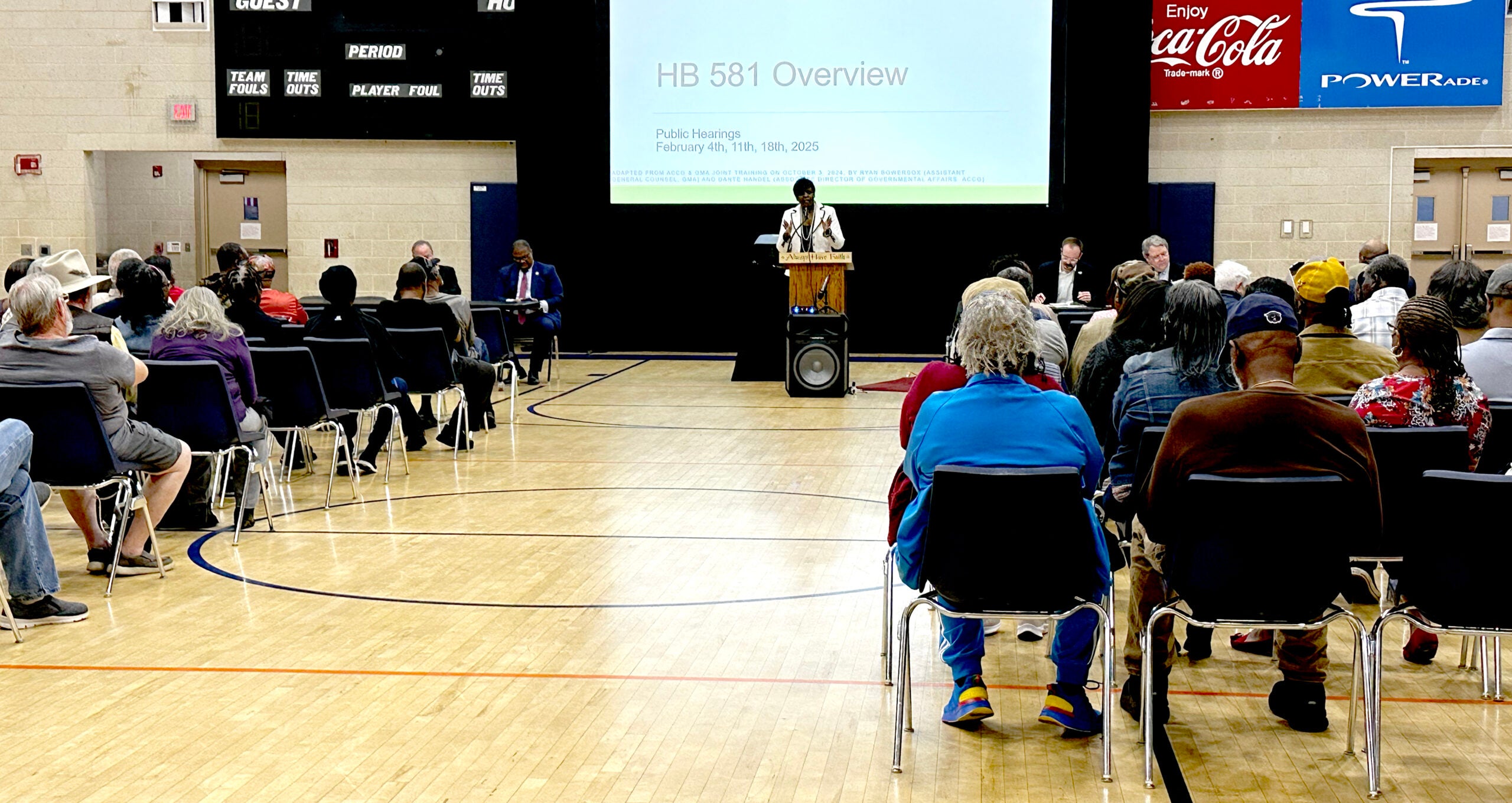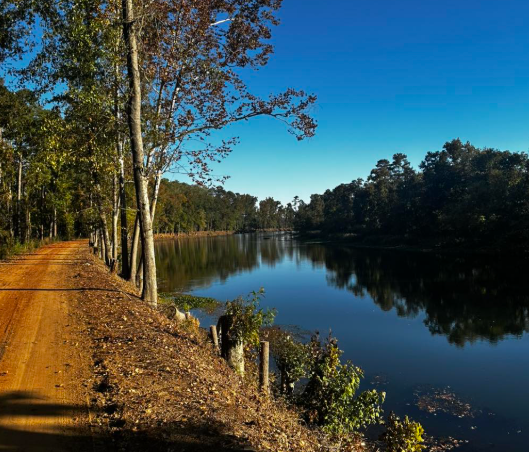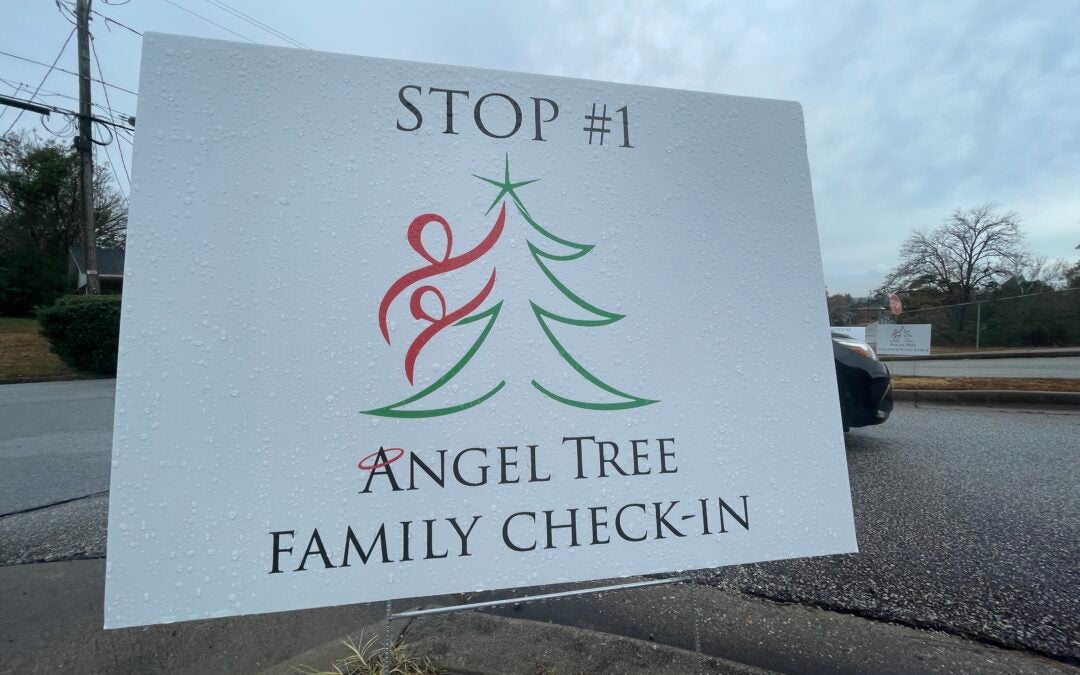A crowd of about 100 let Augusta officials know Tuesday that homeowners are concerned about property taxes.
The topic was House Bill 581, the new state law that creates a tax break for homeowners and the opportunity for a new sales tax, unless local governments opt out.
Sixty-two percent of Augusta voters approved a November referendum that authorized the break, known as a floating homestead exemption, as well as the potential to opt out.
City officials emphasized Tuesday that while owner-occupied homes will get a break in taxes if the government doesn’t opt out, the tax burden won’t go away. Instead the government will likely turn to non-exempt properties, such as commercial, to make up the difference.
The break would apply to 38% of real estate parcels in Augusta-Richmond County, or approximately 31,000 properties. The new exemptions would subtract $72 million in taxable property from the tax digest, the register of all taxable properties, according to a presentation.
Should Augusta implement the optional sales tax, the new revenue could be used to offset money lost from the exemption. Coupled with Augusta’s existing local option sales tax, the additional sales tax would shift the city’s percentage reliance on sales taxes to property taxes from 50-50 to 70-30, Interim Finance Director Tim Schroer said.
Mayor Garnett Johnson said he had not decided whether opting out is the best path forward.
“I like the idea of your tax dollars being saved and not used by our local government,” Johnson said. “I haven’t made up my mind about which way I’m going to vote.”
Several of the questions raised by residents centered on why the commission would overlook the will voters expressed in November.
Why weren’t public hearings held before the referendum, one asked.
Why would Augusta opt out if voters said yes, said another.
“Do you not know how much money the city is needing to spend” in the coming year, another said.
Johnson noted the active lobbying by the Augusta Metro Chamber of Commerce, which objects to the burden being passed to business and commercial property owners. If Augusta opts in and neighboring jurisdictions don’t, businesses might consider moving where taxes are lower, he said.
If Augusta opts in and levies the additional sales tax, it will be limited to a half cent because the city is only a half-cent from the state’s sales tax cap, he said.
The Augusta Commission has through March 1 to make a decision. The next hearings are scheduled for Feb. 11 and Feb. 18.










